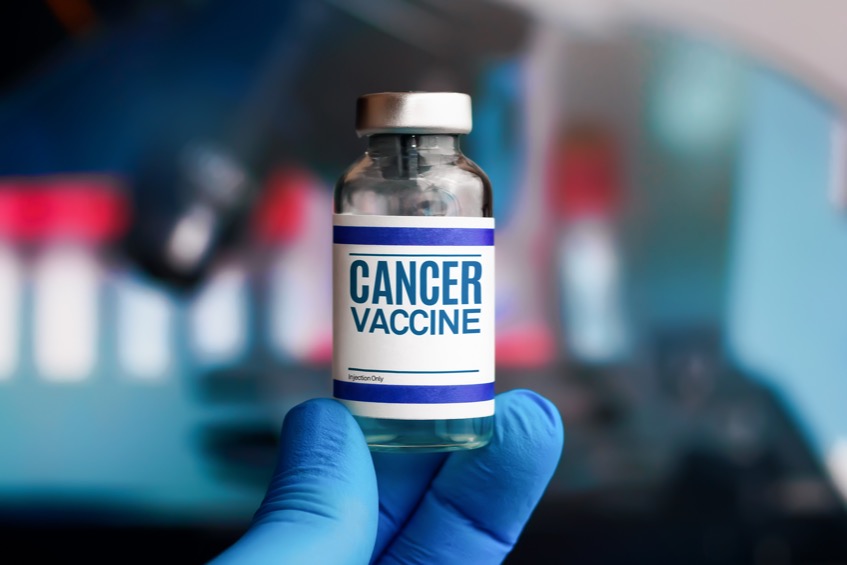The 5 most important benefits of immunotherapy

In the treatment of cancer, immunotherapy has a number of significant benefits that can multiply a patient’s chances of remission and improve their quality of life. After all, the basic principle behind immunotherapy is that it trains the body’s own immune system to recognize malignant cells and engage in an effective fight against them.
Immunotherapy targets individual mutations in cells
The fundamental approach that underlies this promising scientific development is that each type of cancer is inherently unique. When oncologists activate the immune system to fight cancer, they consider the specific mutation that has arisen in that particular patient, as well as the patient’s overall health.
Some advanced immunotherapies, such as anti-cancer vaccines, allow the use of samples from the patient’s tumor. This provides a highly precise immune response that targets the cancer cells directly without affecting the healthy cells surrounding the tumor.
Immunotherapy is most effective against cancer stem cells
Not all cancer cells that make up a tumor are the same. Tumor cells have different functions and respond differently to different types of treatment.
For example, cancer stem cells are especially important in preventing cancer recurrence. These cells are called “stem cells” because they are the starting point for forming a new malignant tumor, just like fetal stem cells are the starting point for forming a new human. These cancer stem cells tend to be more resistant to standard courses of chemotherapy and are highly resistant, meaning they have a high probability of surviving after “successful” treatment.
Such an outcome of therapy poses a deadly danger to the patient. After all, at any moment, a single surviving stem cell can grow into a new tumor, mutate into a resistant strain, or metastasize. Current clinical studies have shown that cancer stem cells have a much lower chance of surviving immunotherapy than chemotherapy. Based on these findings, immunotherapy offers the best chance of achieving long-term remission in a patient.
Immunotherapy offers a better chance of curing resistant cancer
It is very likely that cancer cells that survive a particular treatment protocol may develop resistance to it. In this case, repeating the same treatment will have absolutely no benefit to the patient. And the side effects in the body may be as severe as those of the first attempt to cure cancer with this method.
In such a situation, the best chance of success is associated with the use of a fundamentally new treatment strategy, which is based on immunotherapy. It dramatically reduces the likelihood that surviving cancer cells will show the same resistance as to chemotherapy and radiotherapy. For patients with resistant mutations that were previously considered incurable, immunotherapy offers a real chance of prolonging life.
Immunotherapy stimulates the immune response of the entire human body
The principle behind immunotherapy is to use the body’s existing tools of defense against mutated cells: the immune system with its lymphocytes and natural killer T cells. Because immune cells travel through the body via the bloodstream or lymphatic system, this mechanism can save patients with metastasizing cancer in which tumors have spread to multiple organs. A powerful immune system response engages the entire human body without the serious damage to other organs done by time-long chemotherapy or whole-body radiation.
Immunotherapy has very few side effects
Many patients who are diagnosed with cancer fear the side effects of treatment. Indeed, chemotherapy, which can save someone’s life, at the same time is often accompanied by severe side effects, from nausea to drastic weight loss and baldness. It should be noted here that, in general, any treatment, even against a trivial cold, can cause potentially adverse reactions in the body. That’s why doctors always consider both the benefits of a particular treatment and its consequences.
Immunotherapy also has side effects. However, because it is a highly precise method that does not damage surrounding healthy cells, adverse effects tend to be less pronounced. For the most part, they will be limited to the typical signs of viral disease like fever, chills, or fatigue.

